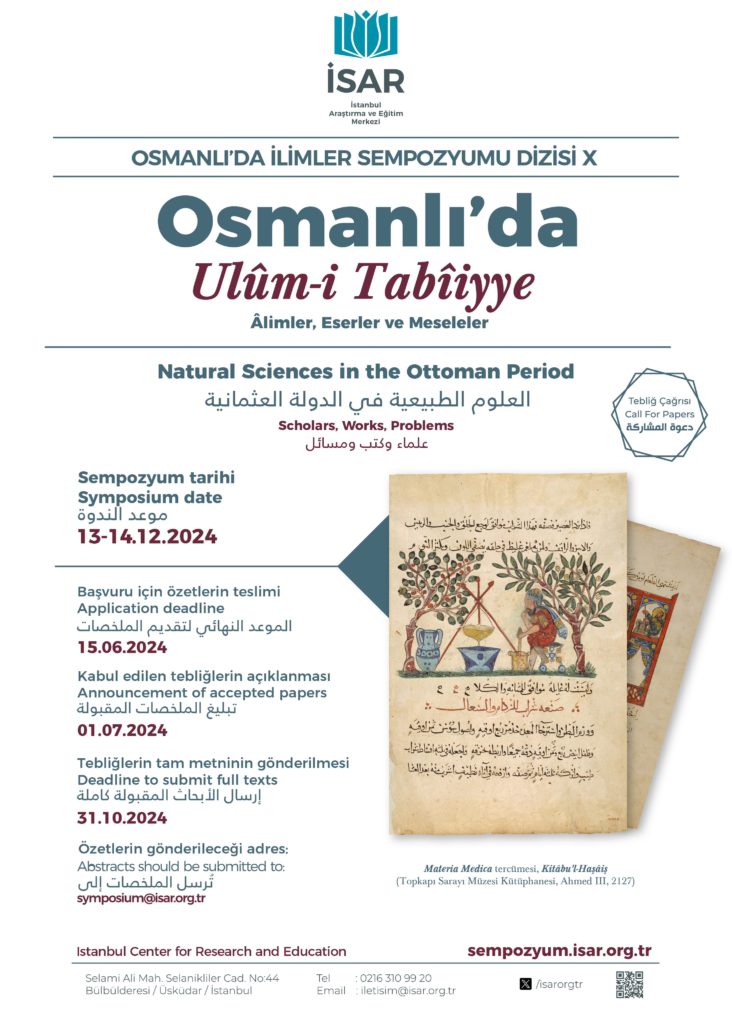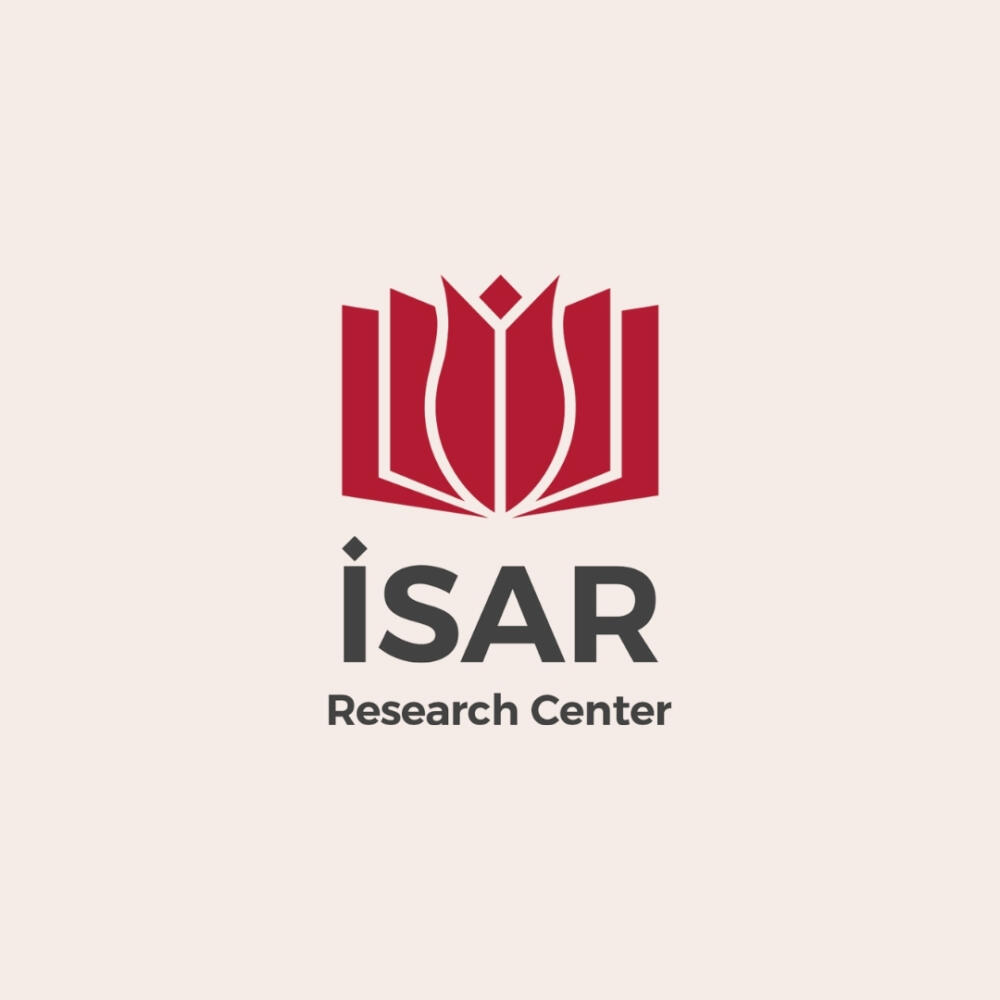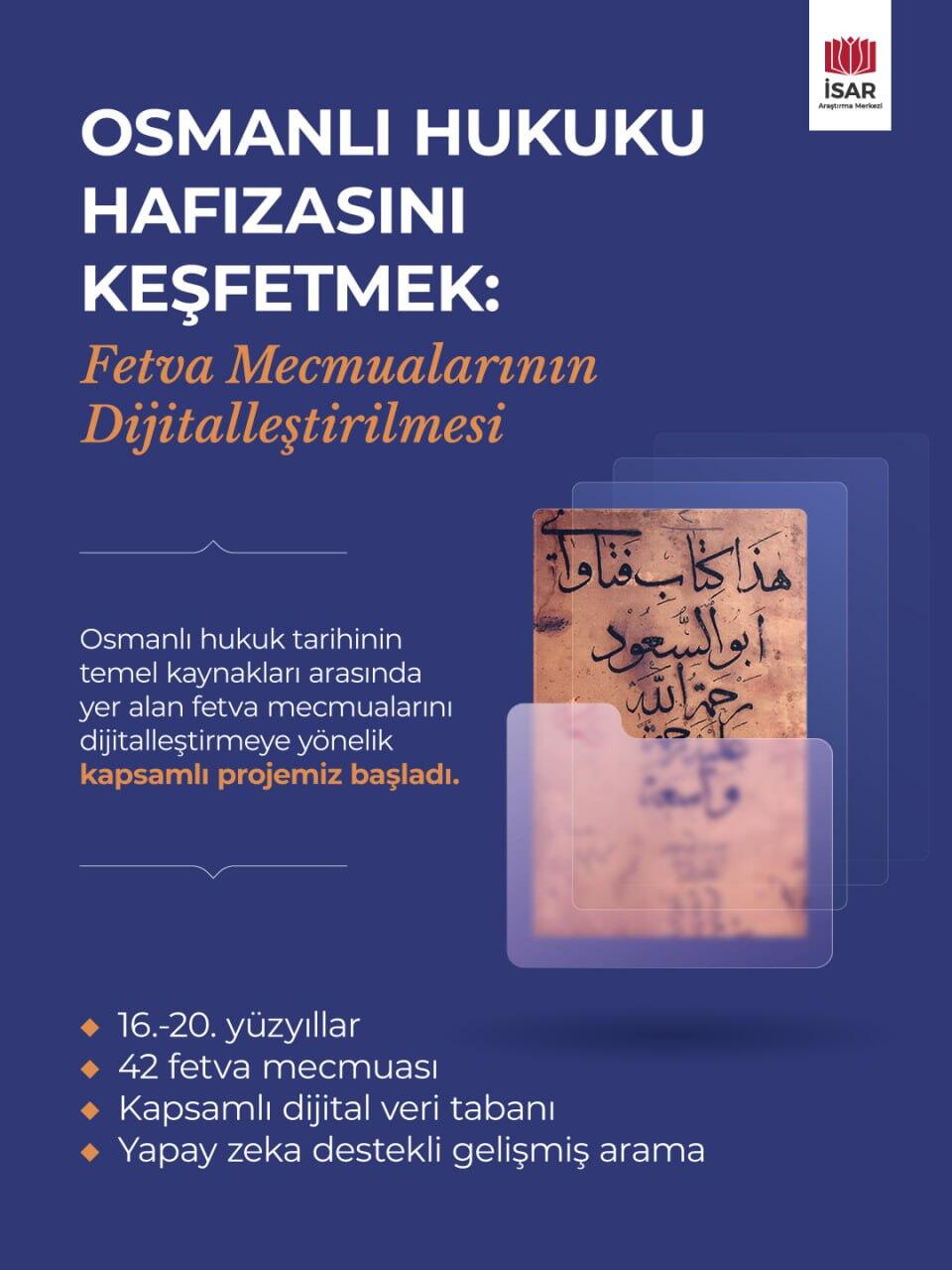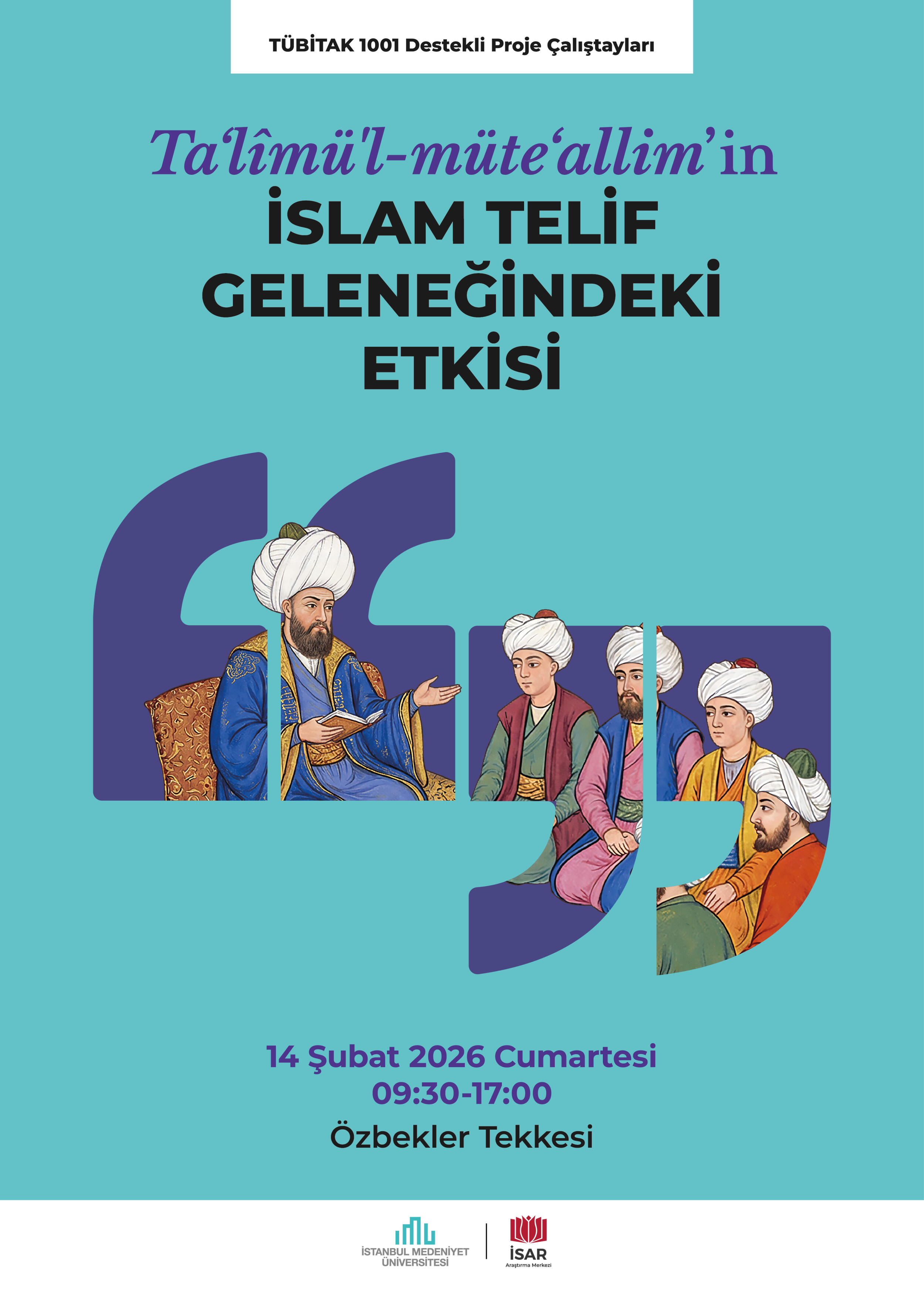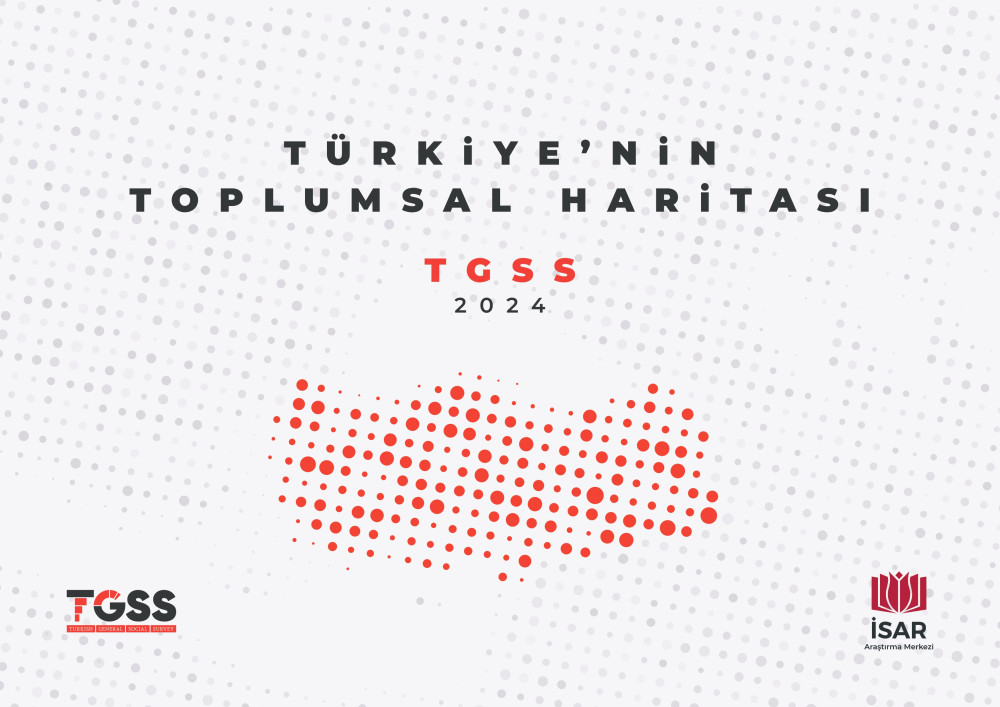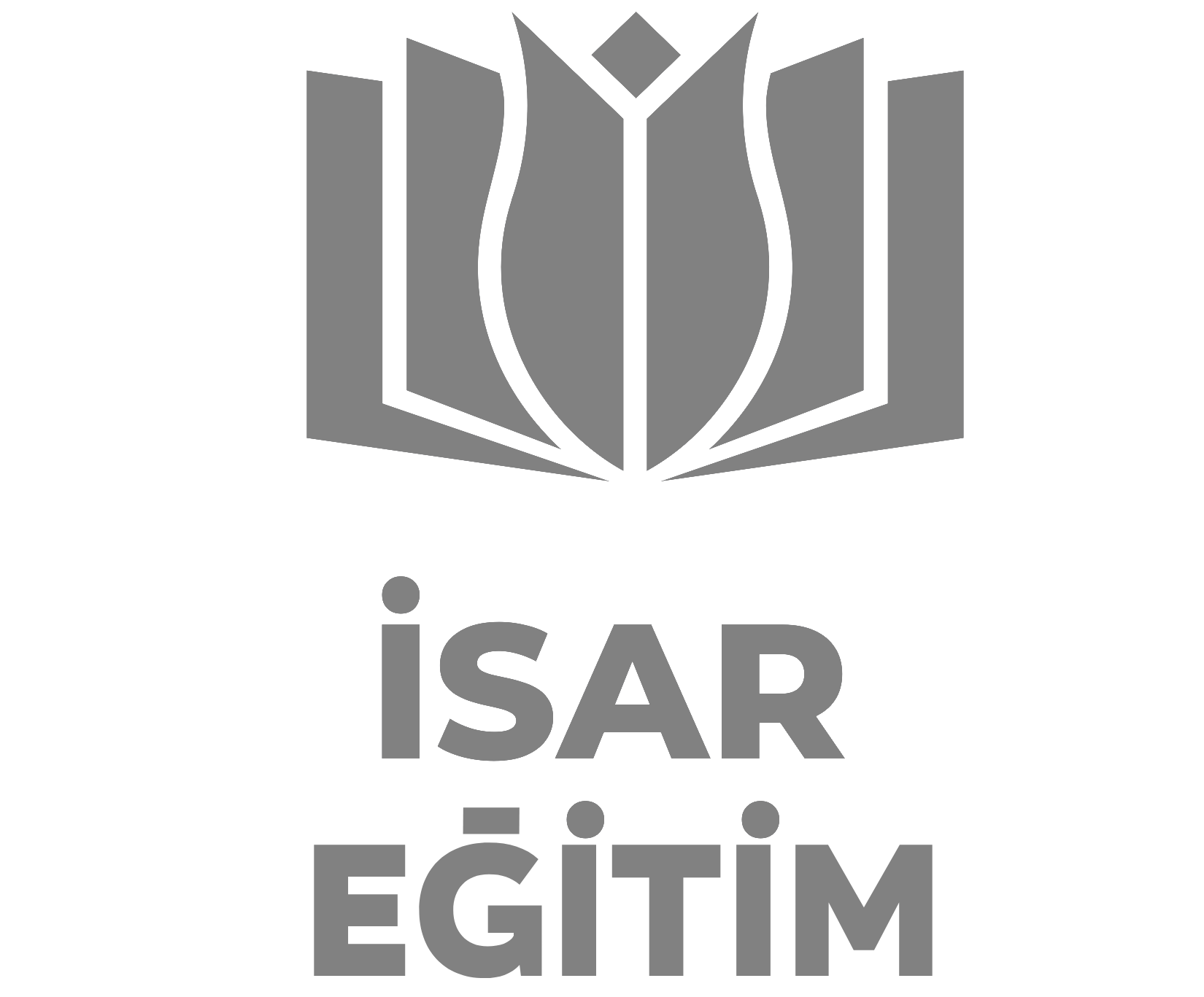In recent years, in order to contribute to the expanding literature on Ottoman scholarly life, the Istanbul Center for Research and Education (ISAR) has been organizing a series of symposiums on different branches of the Ottoman scholarly tradition, aiming to evaluate and redefine their place in both the tradition of Islamic thought and the history of thought in general. In this context, ISAR has so far organized nine symposiums focusing on the disciplines of kalām, fiqh, Sufism, tafsīr, hadīth, Arabic linguistic sciences, logic and argumentation theory, history, and ethics, respectively. The output of each symposium was then compiled into a book volume and published. The tenth of these symposiums will be on natural sciences in the Ottoman period.
In the Islamic tradition of thought, as in other traditions, nature has been one of the main objects of human curiosity, with many great minds seeking to know and understand its reality. The natural sciences, as a discipline oriented towards knowing and understanding nature, examine the natural body and its properties, the existence of which has no involvement with the will and art of human societies. Within this framework, natural sciences examine the different manifestations of the object and its properties in nature, such as the formation and structure of the object, the principles of motion, time, space, elements, minerals, meteorological events, plants, and living beings.
The natural sciences began to be systematically studied within Islamic communities in the 8th century as a result of translation movements. They continued to be developed over the following centuries by different scholars with chemical qualificationist, kalam-atomist, and peripatetic qualificationist approaches to scientific explanation. The scholars who contributed to the natural sciences from different perspectives include: al-Naẓẓām, Abū al-Huzayl al-Allaf, Jābir b. Hayyān, Dīnawarī, Ibn Ahī Hizām, Abū Bakr al-Rāzī, Ibn Wahshiyya, al-Bīrūnī, Avicenna, Ibn al-Awwām, al-Qazwīnī, Ibn al-Baytār, and al-Damīrī.
In the first centuries of the Ottoman Empire, the conceptual vocabulary, issues, and debates of the classical philosophical-scientific tradition in the field of natural sciences were inherited through the translation of Arabic and Persian works, and research on both the theoretical and practical issues of these sciences was expanded through translations, commentaries, and reconstructions. Although not in the form of independent sciences, thinkers belonging to the peripatetic, ishrāqī, kalām, and ʿirfān schools analyzed the issues related to the natural sciences in their voluminous books. From the 17th century onwards, translations mostly came from European languages, while educational institutions established in the last quarter of the 18th century began to follow the literature developed in Europe.
Although there has been partial research on the emergence, organization, and development of the natural sciences in the early periods of Islamic thought, there have not yet been in-depth and comprehensive studies on its course in the Ottoman Empire. This symposium will provide a basic picture of the natural sciences in terms of its emergence, development, classifications, periods, issues, works, and personalities, enabling further research of the subject.
Click for detailed information and application.
